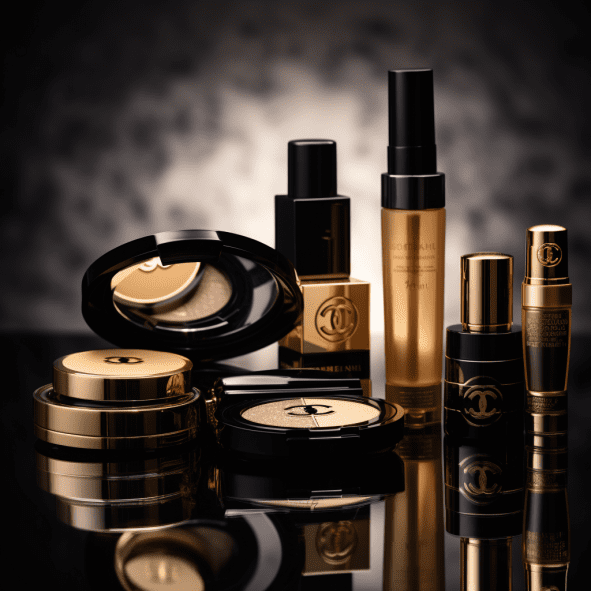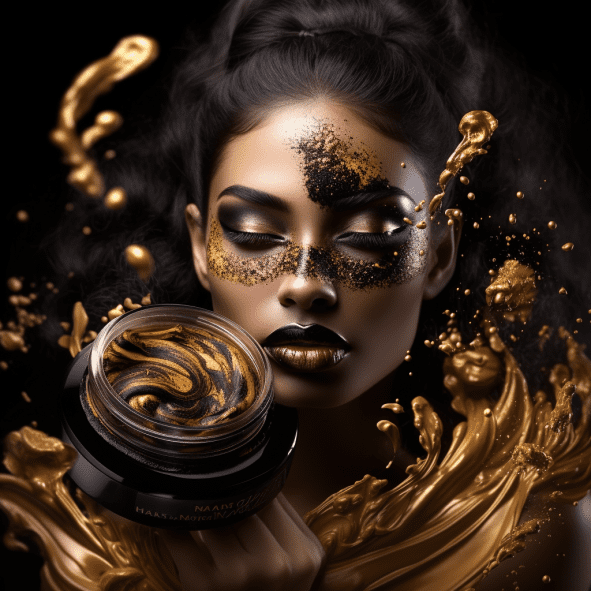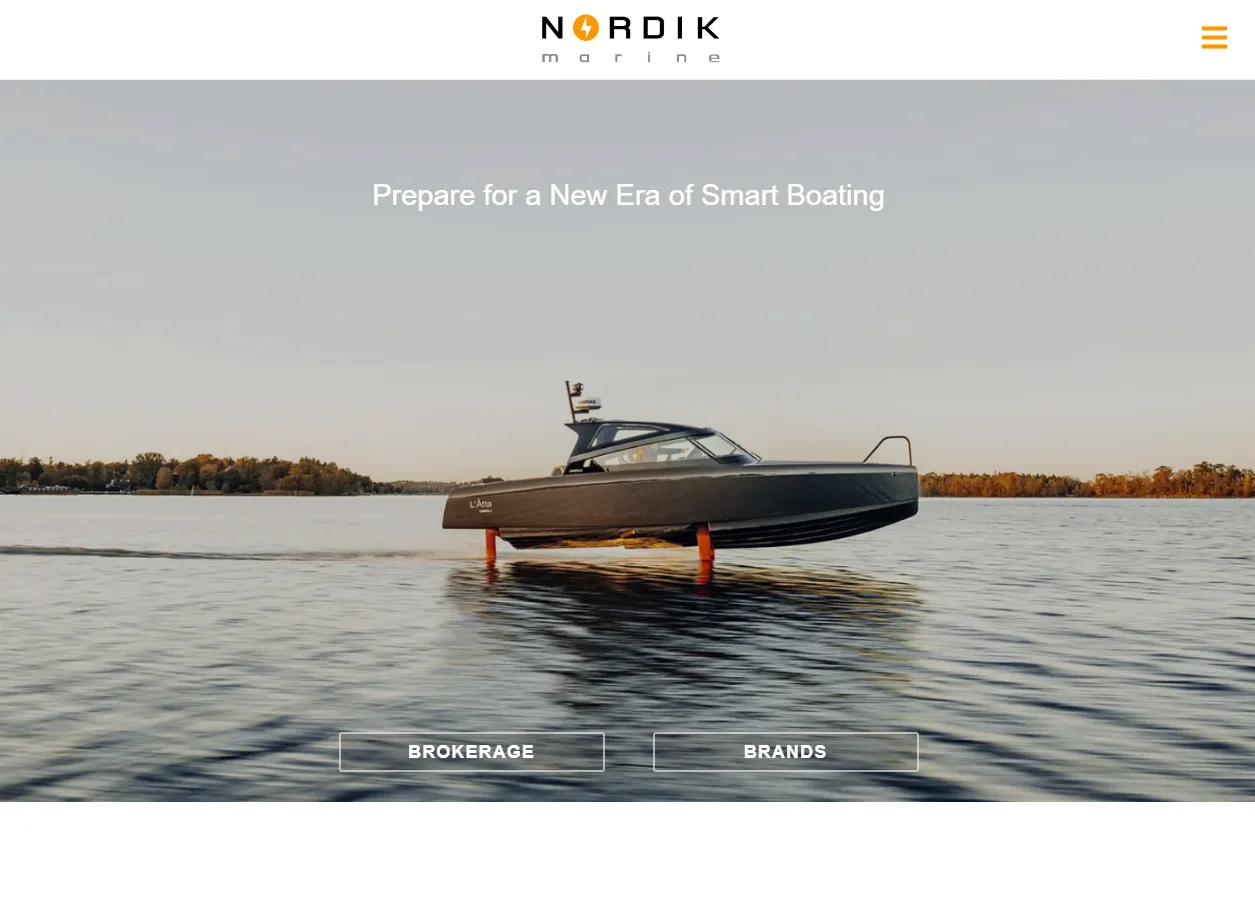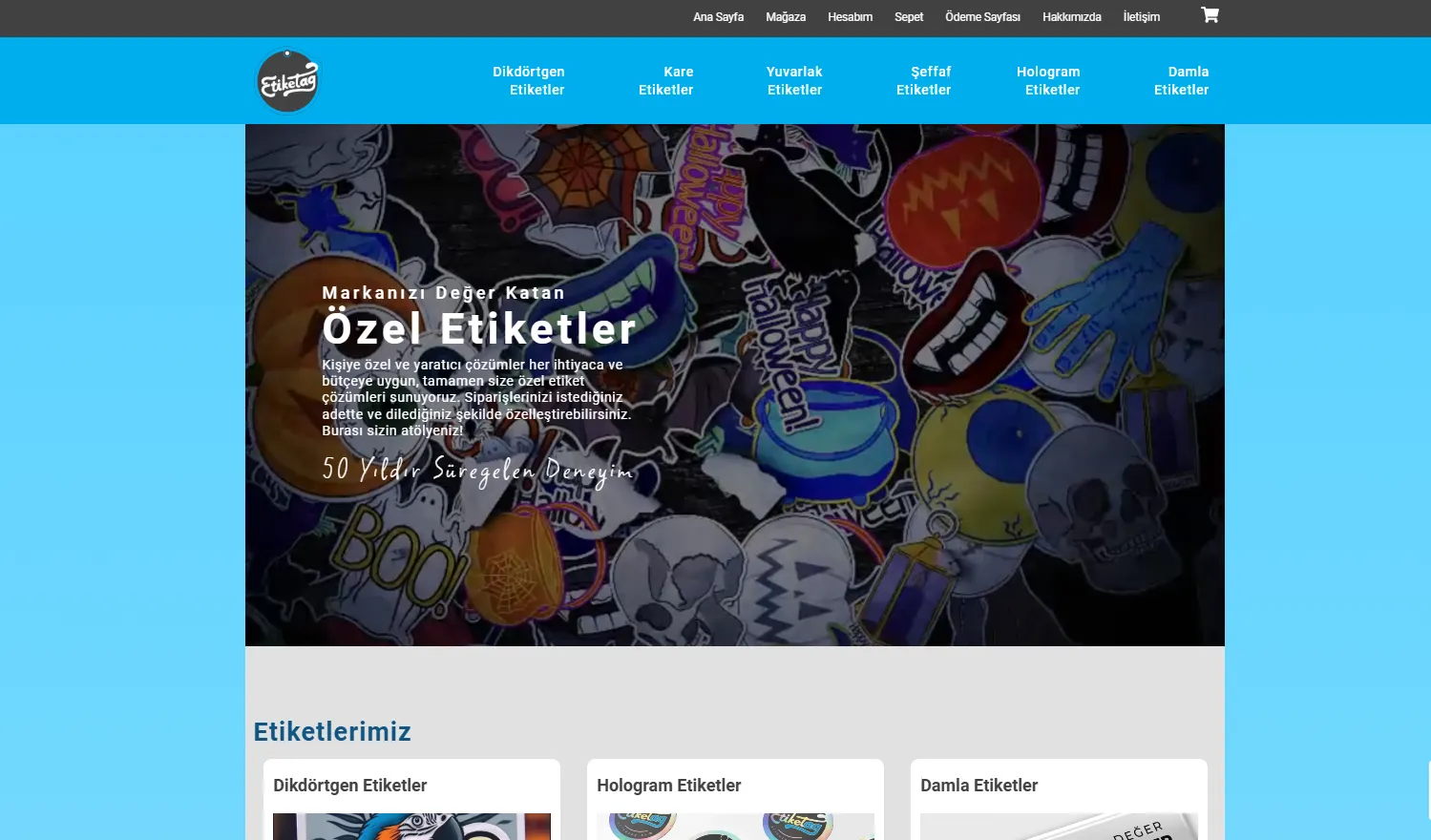Reinventing Beauty Product Marketing: Harnessing Trends for Optimal Reach
In the intricate tapestry of the marketing landscape, no sector personifies dynamism and innovation more than the beauty industry. As consumer focus on personal care has expanded and diversified, we’ve seen a proliferation of products tailored to meet the unique beauty requirements of different demographics. As the market sphere has metamorphosed, marketing approaches need to evolve concurrently.
In the age of digital communication and fast-paced innovation, conventional beauty marketing strategies fall short of meeting the changing consumer expectations. Customers today demand transparency, inclusivity, and environmental consciousness. As experts in the field of digital marketing, Okka Digital Outreach presents a renewed perspective on marketing strategies for beauty brands, keeping pace with contemporary trends.



1. Embracing Authenticity
The era of social media influencers and digitization demands authenticity. Modern consumers want more than just products; they yearn to understand the story behind their favorite brands. They seek clarity about the product ingredients, manufacturing processes, and the ethos the company adheres to. Brands should make it a priority to communicate these aspects lucidly across all marketing platforms.
This can be facilitated through interactive social media platforms to initiate open dialogues with customers, answer their queries, and make them feel valued. Brands could incorporate live chats, Q&A sessions, or behind-the-scenes videos to offer a candid glimpse into the brand’s ethos.
2. Advocating Inclusivity
Inclusive beauty acknowledges all genders, ages, skin types, and ethnicities. Today’s consumers reject the archaic ‘one-size-fits-all’ approach in beauty marketing. It’s crucial for brands to recognize and cater to the diverse needs of their customer base in their marketing strategies.
This can be achieved by showcasing diversity in advertising campaigns, offering a wide range of products suitable for various skin types and tones, and reiterating that everyone is welcome in the brand community.
3. Prioritizing Sustainability
Sustainability isn’t an extra perk anymore—it’s a consumer demand. A growing number of individuals are conscious of the environmental footprint of their consumption habits. Brands that prioritize sustainable practices are highly sought after.
To effectively market beauty products, companies should showcase their commitment to sustainable practices. This can involve displaying ethical sourcing methods, emphasizing recyclable packaging, or discussing initiatives to decrease water usage or carbon emissions.
4. Promoting Education
Today’s consumers are informed and aware. They wish to understand the working of a product, its efficacy, and the best usage techniques. Brands that offer this knowledge cultivate trust and customer loyalty.
Integrating an educational component into marketing strategies can be as straightforward as creating informative blog posts about skincare routines or makeup application techniques, organizing webinars with beauty experts, or sharing useful tips on social media.
5. Offering Personalization
Every individual’s beauty requirements are unique, and a personalized approach resonates profoundly with modern consumers. Harnessing data analytics to gain insights into customer behavior and preferences can help brands tailor their marketing efforts.
Consider offering personalized product recommendations, using targeted marketing based on customer preferences, or introducing customizable products to enhance the customer experience.
The future of beauty product marketing hinges on understanding and adapting to the evolving consumer preferences. By incorporating authenticity, inclusivity, sustainability, education, and personalization, brands can connect deeply with their customers and gain a competitive edge in the marketplace. These aren’t fleeting fads but the cornerstone of a resilient marketing strategy for any forward-thinking beauty brand. At Okka Digital Outreach, we firmly believe in embracing these core values to create meaningful and impactful brand narratives.




